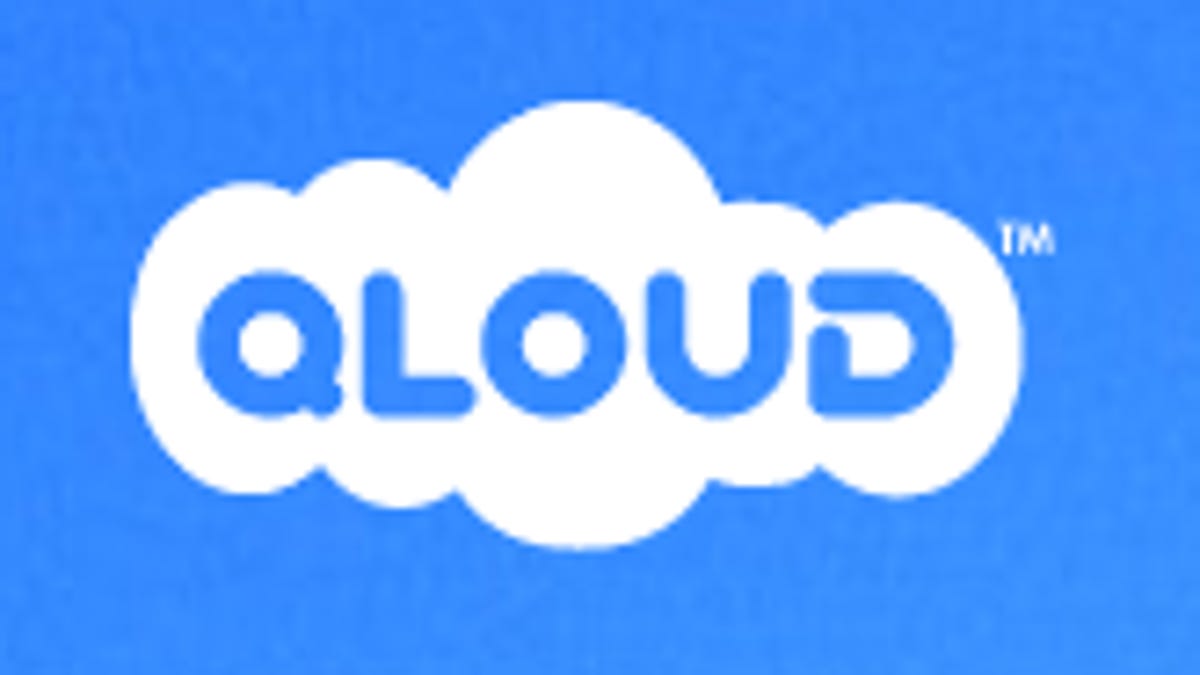Qloud puts your (almost) entire iTunes library on Facebook
Want to listen to your music in Facebook?

For some reason, I had never heard of Qloud until getting a release yesterday about it celebrating the registering of more than a million users via its Facebook application, which launched three months ago. The service hooks up with your iTunes library and scraps together any versions of the songs it can find hosted online, while taking advantage of your iTunes XML file to include such niceties as play counts and the last time you listened a song.
It manages to do this with a (Windows only) plug-in that installs itself on whatever machine your iTunes library resides in. It will periodically keep tabs on your iTunes XML file, which is the one that has all your track names and metadata for playlist organization, play counts, and song data. It then cross references this list with any legally hosted versions of the songs online, and will play them with an embedded player right in the app.
The company says that after installing the plug-in, it takes 15 to 20 minutes for your library to appear. My 50GB library managed to make it in about 12 minutes, and to my surprise, a great deal of it made the cut from metadata to music--although nearly every song was a video from YouTube.
What was apparent from the get-go with this app is that it's not quite a replacement for some of the other music-streaming services out there, like Orb, MediaMaster (coverage), and Simplify Media (coverage). Many of the fairly popular bands I had in my library had music videos with decent audio, but the majority were live recordings from concerts made by fans. This translates to bad video, and even worse audio. Audiophiles will not be pleased, nor will those who enjoy a particular version of a song that's on their library, be it live or an alternate studio recording.
For bad music, there is some salvation, however; you can flag any piece of media without leaving the app. There are two ways to flag--either vote for an alternate version from a list Qloud aggregates, or submit your own URL for source material. Ideally, if others find your version to be of a better quality, your version will take the bad one's place for everyone.
The app's other saving grace is its simplicity. While iLike and Last.fm accomplish similar feats of serving up music based on your tastes, Qloud is one of the easier ways to amass a large library of music to share with your friends, considering you've already spent so much time on it in a regular desktop application. Likewise, it's incredibly viral, linking up whatever song you've just listened to in iTunes, and mirroring it on your recently played list in Qloud. This is as cool as it is potentially embarrassing.
There are a few things I'd like to see added to this app to really take it to the next level. One is a personal listening service that would let you stream your files to yourself and nobody else (for the sake of being DMCA compliant), and a video app that would cross-reference whatever videos you had in your library and pull up versions you could watch online. I'm still a bit skittish of using their plug-in, as it will constantly stream your activity to its server farm. My concern isn't privacy so much as it is that iTunes is already a quirky and resource-intensive application. Despite my fears, there really is nothing cooler than seeing the song you just played on iTunes show up on your profile--making Facebook one step closer to having complete control of everything I'm doing.
The service plans to roll out a plug-in for Windows Media player and other platforms in the near future. They're also at work designing a version of Qloud for Google's Open Social initiative.

